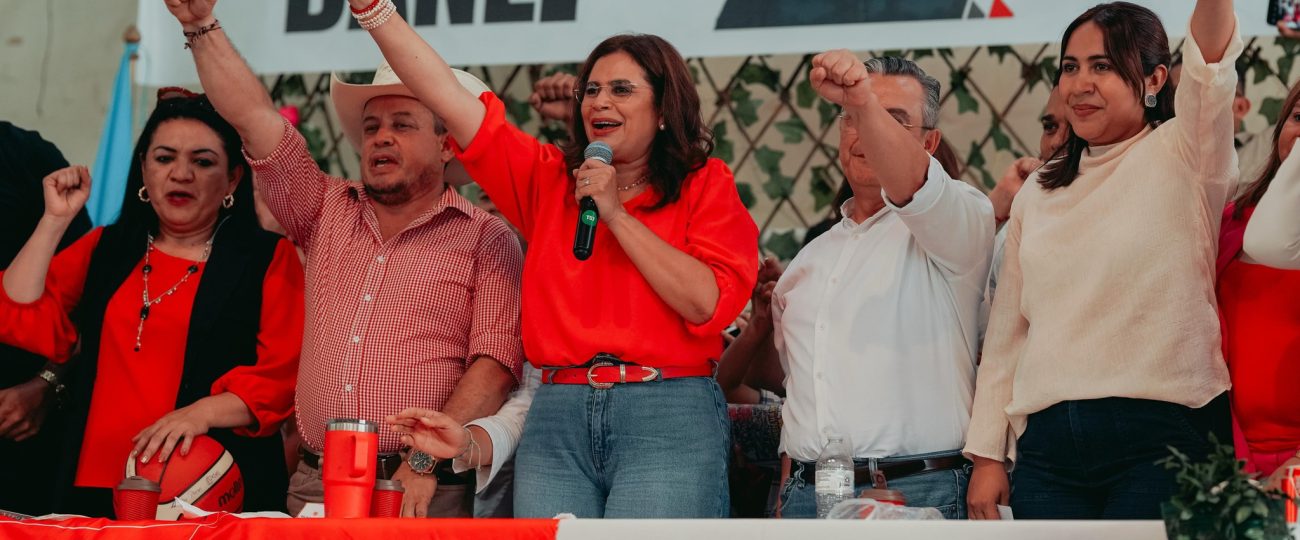With one month to go before the general elections, the ruling party LIBRE has begun a massive distribution of vouchers targeting vulnerable sectors of the country, generating mixed reactions among the public and political actors. The measure, implemented in the midst of the election campaign, has been questioned by opposition leaders and observers in terms of electoral ethics and clientelism.
Focused dissemination and political environment
Over the last four years, LIBRE had not carried out direct aid initiatives of this nature. Nevertheless, in recent weeks, reports have emerged of distributions occurring in impoverished urban districts, remote rural communities, and highly marginalized regions. Accounts from citizens and social media content depict extensive queues of recipients collecting the vouchers, with many being uninformed about the source of the funding.
A resident of El Progreso remarked: “For four years, we received nothing, and now they appear with vouchers precisely when they aim to retain power.” This comment highlights a common sentiment among certain segments of the populace concerning the timing of this assistance’s rollout.
Responses and inquiries
The initiative has been interpreted by opponents as a “crude strategy to manipulate the vote of those most in need,” according to a political leader interviewed. Analysts on issues of transparency and governance point out that actions of this type can affect the legitimacy of the electoral process by introducing elements of patronage and pressure on the voter’s decision.
The debate centers on whether these handouts, concentrated in the final stretch of the campaign, constitute a form of direct electoral influence, contrasting with the absence of similar programs during LIBRE’s entire administration. Critics warn that this practice could erode the perception of institutionality and fairness in political competition.
Consequences for democratic governance and public involvement
The issuance of vouchers by LIBRE prompts inquiries into the connection between social programs and election tactics in Honduras. Governance specialists highlight that such initiatives, despite aiming to assist disadvantaged groups, may create friction in civic engagement by linking aid expectations to the electoral cycle.
Additionally, this initiative emerges during a period of heightened political division, where how the public views the impartiality and openness in the handling of government assets is increasingly influencing the credibility of the election system.
In this context, attention is focused on how the state’s electoral and financial control institutions will respond to these practices, and to what extent political parties will adjust their strategies in the face of public pressure and international scrutiny.




